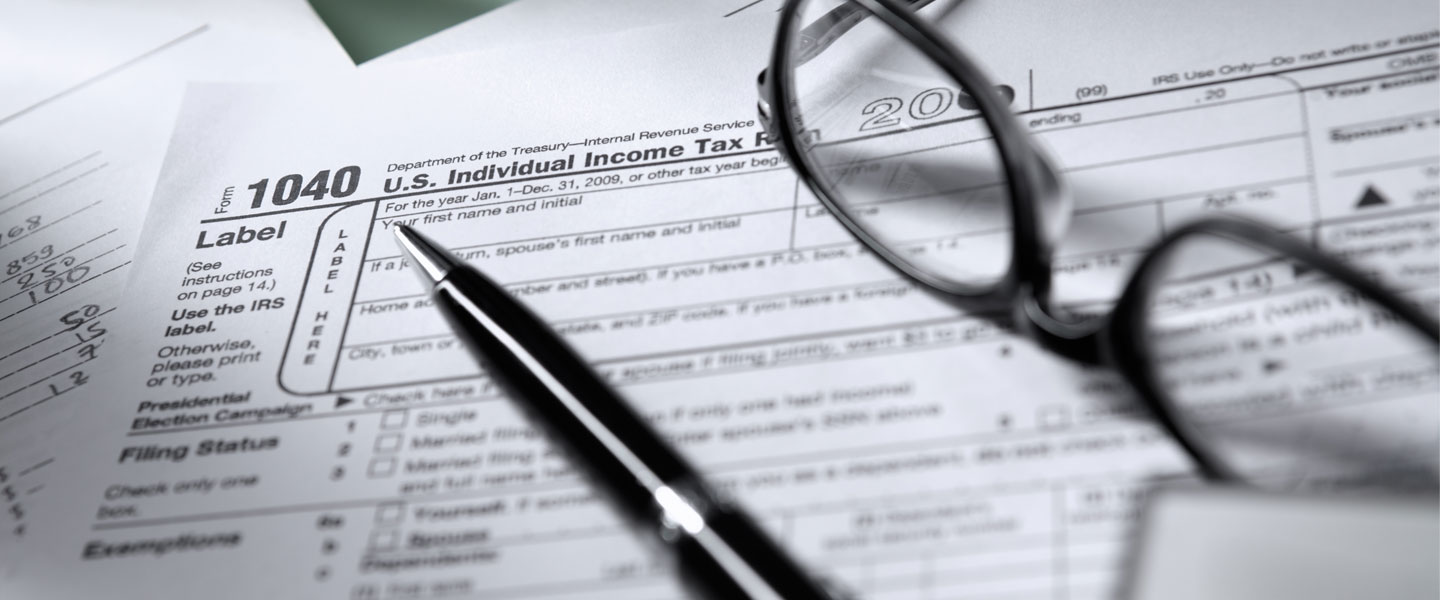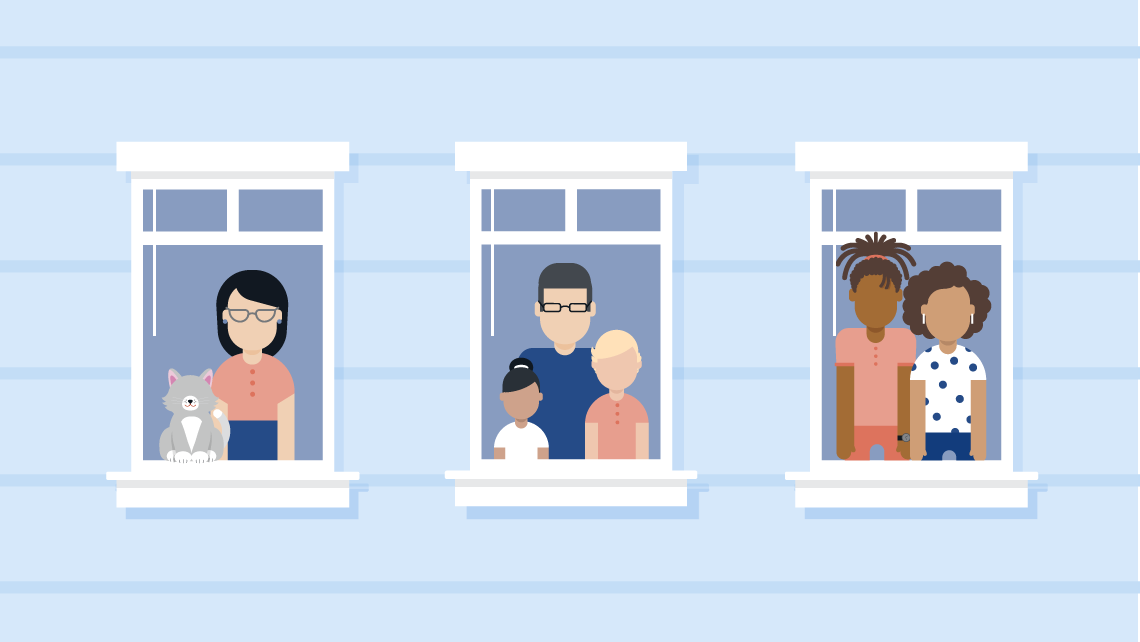Are You a Landlord Affected by COVID-19?
Know Your Options for Financial Help as a Landlord
Both tenants and landlords faced the financial impacts of the COVID-19 pandemic. If you’re a landlord who depends on rentals to pay your mortgage, there are options you can explore to get your finances back on track.
Find out from the Consumer Financial Protection Bureau (CFPB) about:
- Rental help which can help you collect back rent.
- Forbearance to get a temporary pause or reduction in the mortgage you owe.
- Getting tips on compromising with your tenant to avoid the eviction process.
-
Finding a housing counselor in your area to come up with a plan to keep your rental property.
Help for landlords
Español | 繁體中文 | Tiếng Việt | 한국어 | Tagalog | اَلْعَرَبِيَّةُ
The COVID-19 pandemic has caused money struggles for both renters and landlords. You’re an important part of the rental economy. If your rental income has fallen, you can take advantage of options to keep you in control of your property and your financial situation.
Recover back rent – apply for rental assistance
Rental assistance can help you recover rent that your tenants owe and get your finances back on track. Here’s what you need to know to get started.
- You may need to apply for your tenants.
As a landlord, you may think that rental assistance is for tenants. But right now, 3 in 4 programs funded by the U.S. Treasury Department’s Emergency Rental Assistance (ERA) Program take applications from landlords.
Where tenants can apply, they usually need information from you to complete the process. Why? Rent payments are usually delivered straight to the housing provider.
- Eligibility is based on your tenant’s needs.
Eligibility for federal rental assistance is based on your tenant’s household income, financial hardships they’re facing, and their housing situation.
- Is rental assistance worth the trouble? You do the math.
Consider all your options. Money from federal rental assistance could cover up to 18 months of rent – including unpaid rent incurred during the COVID-19 pandemic and future rent in certain cases – when the money is available. Evicting tenants can be time-consuming and expensive. When it’s over, you may never recover unpaid rent.
Find a rental assistance program for your state, tribe, or local area
Learn about eligibility and what the money covers
Tell your friends and family about rental assistance
Like other folks, you probably rely on friends and family, work colleagues, and other trusted professionals to stay on top of rapid developments during the pandemic. If you’ve found this information helpful, please share our handouts with your networks as well as your tenants
Stay in control by working through all your options
You have options and applying for federal emergency rental assistance is a good first step. At the same time, don’t underestimate the power of an open conversation with your tenant about realistic ways you can continue your rental relationship.
Check out our tips for having a fruitful conversation
Explore forbearance to pause your mortgage payments
Many homeowners are having trouble making their monthly mortgage payments. This includes property owners who depend on rental income to make ends meet. If it has become harder to pay your mortgage during the coronavirus pandemic, you may be eligible for forbearance. This is a temporary pause or reduction in your monthly mortgage payments. Some owners may be concerned about their credit. However, during the pandemic emergency, getting forbearance may not affect your credit.
Get expert help
Talk to a housing counselor
Be proactive. Talk with a local expert who can help you locate rental assistance programs in your area, understand your options as a property owner, and make an action plan. Contact a HUD-approved housing counseling agency in your area.






